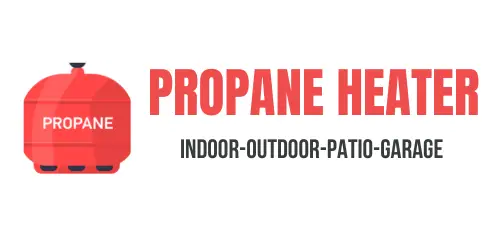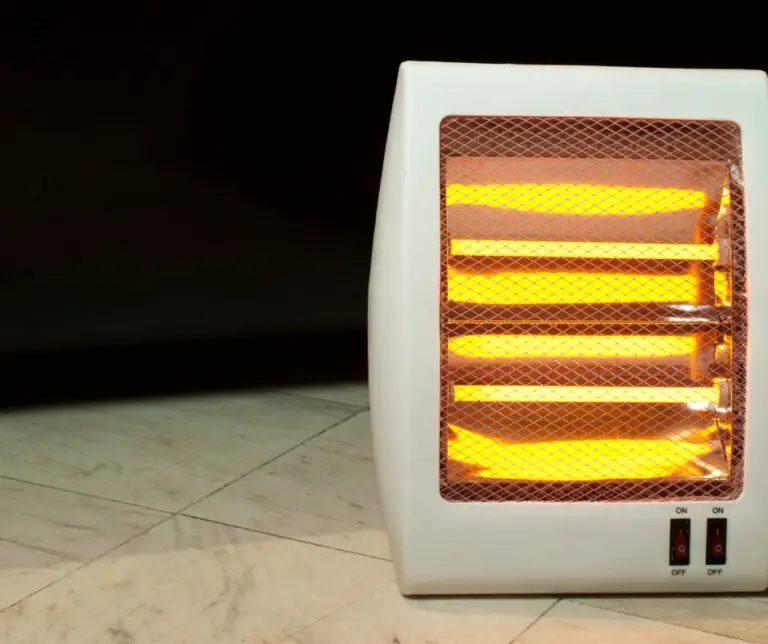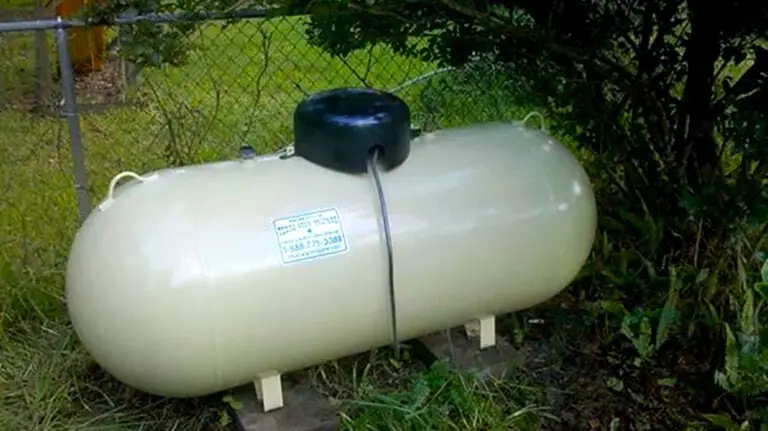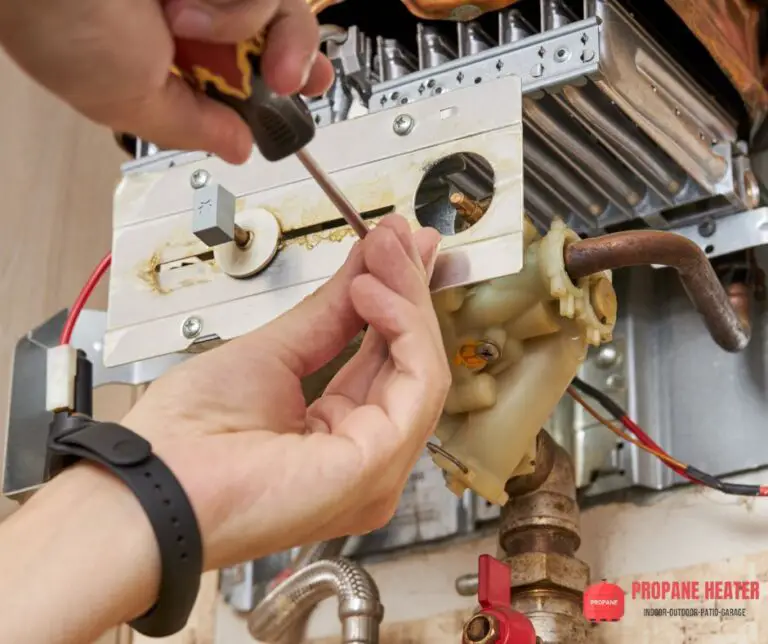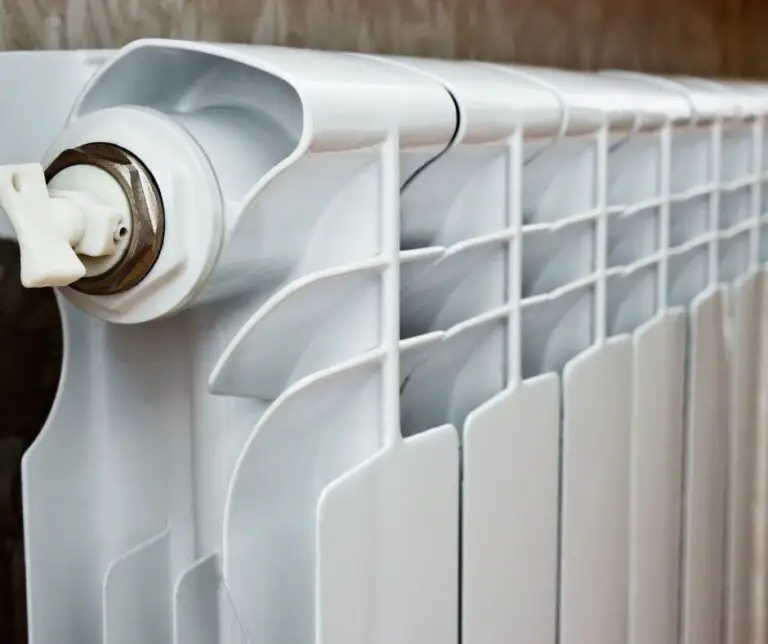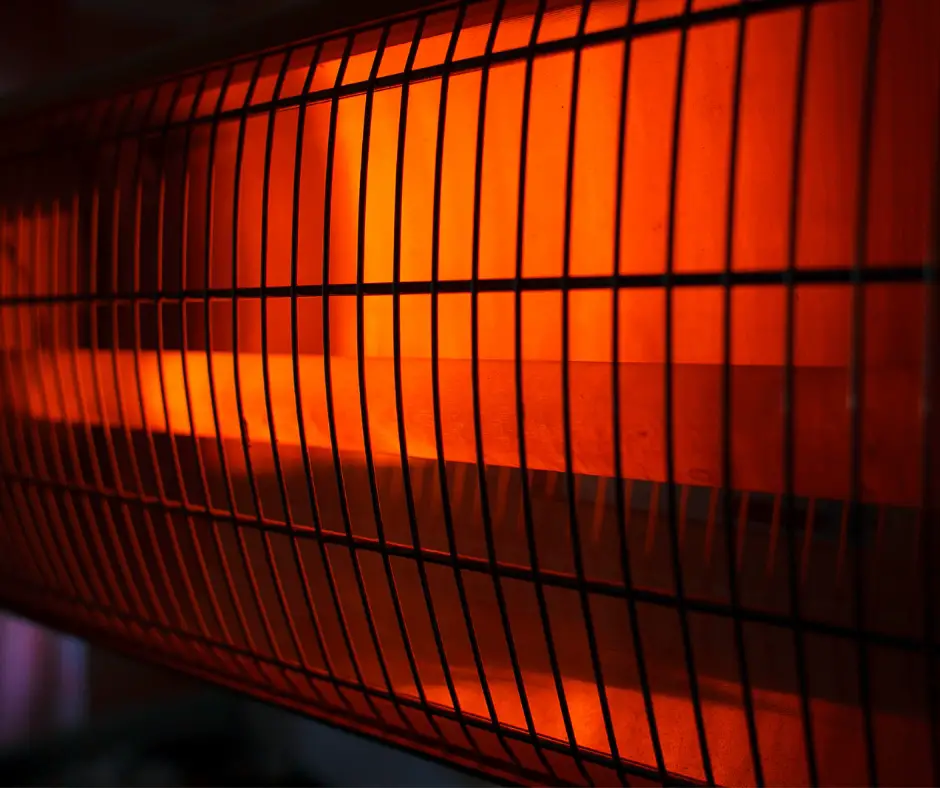
Using ventless, open-flame propane heaters has skyrocketed over the past few years. With all the major advances in energy efficiency, low-cost electricity, and the obvious attraction to utilizing a renewable source like solar power, it’s no wonder these systems have become so popular.
I was looking into using a propane heater for emergency use, but I keep reading about the risks of carbon monoxide poisoning and explosion. Is it safe to use them? Is It safe to use ventless propane heaters as a primary heat source?
It’s not safe to use ventless propane heaters as a primary heat source. The dangers of using unvented gas heaters are many. Carbon monoxide poisoning, burns, and fires are just some of the potential hazards you may encounter when using a ventless propane heater.
Additionally, there’s a chance that the heater itself could cause injury. The most common way this happens is by tripping over an extension cord or accidentally touching the hot surface of the heater.
Why It Is Not Safe to Use Ventless Propane Heaters as Primary Heat Source
The main reason why it is not safe to use ventless propane heaters as a primary heat source is that they produce carbon monoxide (CO). CO is an odorless, colorless, tasteless, and poisonous gas. When inhaled in large amounts, CO can cause serious illness or death.
Carbon monoxide is produced when burning fuels like natural gas, propane, kerosene, and wood creates carbon dioxide (CO2) and incomplete combustion occurs. Incomplete combustion occurs when there is not enough oxygen present for the complete combustion of all fuel particles into carbon dioxide and water vapor.
Ventless propane heaters produce CO by not circulating air around the heater during operation. CO then builds up inside your home and can lead to serious health problems if not addressed quickly enough.
Underwriters Laboratories (UL only approved ventless models) for use as supplemental heating devices they cannot be used as primary heat sources in any area where people sleep or congregate because they do not vent properly.
Another reason that we do not recommend ventless propane space heaters as primary sources of heat is that they do not provide adequate heating coverage in most rooms.
The best use for these units is in small rooms such as bathrooms and closets, where they can provide supplemental warmth without overheating the room or creating too much humidity (which can cause respiratory problems).
The Real Dangers of Using Unvented Gas Heaters
These types of heaters come with some risks. Here’s what you need to know before using one.
Humidity Damage
Unvented gas heaters can cause humidity damage by creating moisture in your home through the combustion process.
Humidity damage occurs when water vapor condenses into liquid form because of cooler temperatures and recirculates throughout your home.
This can lead to mold growth and a musty smell throughout your home if it becomes severe enough.
Increased Risk of Carbon Monoxide Poisoning
Carbon monoxide poisoning is another serious risk associated with unvented gas heaters. Unvented gas heaters use a pilot light that burns continuously while the heater is in use and produces carbon monoxide as part of its combustion process.
Carbon monoxide is odorless and colorless, making it difficult for you to detect when present in your home’s air supply.
Since there’s no way for carbon monoxide to escape from an unvented heater, the levels will continue increasing until they reach lethal levels in your home’s air supply if left unchecked by proper ventilation systems or other safety precautions
Fire
Unvented gas heaters present a serious fire hazard. These units have a pilot light stays lit 24/7 and is ready to ignite the entire tank of fuel if it is exposed to an electrical spark or open flame.
This is why it’s important to keep children and pets away from unvented gas heaters, especially when the temperature drops below freezing.
Even if you don’t have young children or pets, you should still avoid using these types of heaters in rooms where people could trip over them and cause a fire by knocking them over on accident.
Why Do Consumers Use Unvented Gas Heaters?
You may wonder why people would use a ventless propane heater as their primary heat source. Well, there are several reasons:
1. Less expensive
Propane heaters tend to be less expensive than electric ones. They also have a smaller footprint, so they can be used in smaller spaces.
For example, if you only have an electric outlet near your garage door, you can use a propane heater to warm it up before getting into your car for the morning commute.
2. Efficiency
Propane heaters are also more efficient than electric ones. Propane is much more efficient than electricity when it comes to generating heat.
So even though propane heaters may cost more upfront, they’ll ultimately save you money by keeping your home warm without overusing electricity.
3. Easy to use
Propane heaters are easier to use than electric ones. Electric space heaters require an outlet and some kind of extension cord in order to work properly.
This can make them difficult to install in certain areas of the house or outside on patios or decks where there aren’t any outlets nearby. Propane heaters don’t require cords or outlets, just flip a switch and let them do their thing.
4. Simplicity
You want something that’s easy to install and maintain yourself. Unvented gas heaters are relatively simple devices; they require little maintenance beyond changing filters and keeping them clean.
You can also install them yourself without hiring a professional contractor if you feel comfortable working with gas lines and electrical wiring (though it’s still recommended that you hire someone who knows what they’re doing).
Conclusion
As we’ve seen, a combination of improper use and lack of maintenance can lead to serious problems with unvented gas heaters. However, there are things you can do to minimize the risks. First and foremost to educate yourself on how these units work and what safety precautions you need to take when using them in your home or office.
Make sure that everyone who uses an unvented heater knows about these hazards as well, so they know what actions must be taken if something goes wrong (such as calling 911 immediately).

I am Richard A. Jackson man behind propane heating solution, An HVAC expert working as a team lead of the heating department, Provide services all over the USA (around all major cities), and from planning to implementation, you will get all your solution here. We provide various tanks (propane and other natural gases) and deal with disposable waste.
